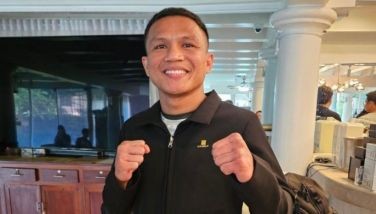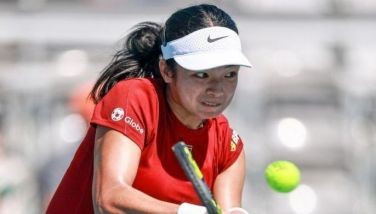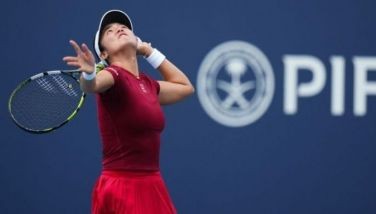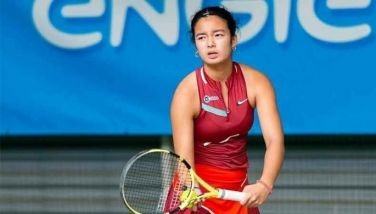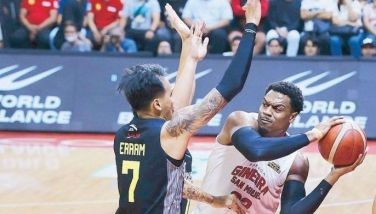The five-year, sit-out rule

There is a five-year, sit-out rule with some flexibility on the timing that the PBA imposes on a drafted player who fails to come to terms with a team, a veteran who leaves the PBA after his contract expires and an undrafted player who declines to join the draft despite eligibility. Given the circumstances that the open market is luring players to play overseas where the pastures are greener, perhaps the rule may be revisited to consider the tough decisions that OFWs go through in leaving their country.
Let’s review the existing rule. First is with regard to a drafted player not coming to terms with the team that drafted him. The rule states: “If a drafted player and the team fail to agree on terms of a contract, the player will sit out five years without need for arbitration by the Commissioner. The team can assign its rights over the player during the five-year sit-out period.” It’s possible that a player will decide to play overseas instead if the offer is higher than what his drafting team puts on the table. Is the five-year sit-out too harsh? If the idea is to protect the drafting team, perhaps an option is to keep the rights over the player for two years. If the player remains unsigned after two years, then he becomes an unrestricted free agent.
Second, the rule on a PBA veteran who leaves the league after his contract expires has two years to return and if he doesn’t, he will be required to sit out three more years before coming back as an unrestricted free agent. In Kiefer Ravena’s case, he left the league even with a live NLEX contract but was allowed by the Road Warriors management to effectively terminate the contract. The PBA, however, said it wouldn’t be considered a precedent as live contracts must be honored although they may be terminated upon mutual consent. In the NBA, a live contract is usually ended by a buy-out. Since the coming Japanese B.League season is Ravena’s second, he won’t be able to return to the PBA until after three years after this campaign. In Matthew Wright’s case, he honored his Phoenix contract then left to join the B.League so under PBA rules, he has two years to return to the PBA and if he doesn’t, he won’t be able to come back until after three more years.
It isn’t a crime to find employment overseas so there shouldn’t be a penalty for a PBA veteran going overseas for as long as his PBA contract has expired. Once he decides to return to the PBA, shouldn’t he be welcomed back? Why not just extend the player’s seven-year period after which to become an unrestricted free agent to the number of years he plays overseas? Under PBA rules, a PBA player becomes an unrestricted free agent if drafted from 2014 onwards after seven years and without a live contract. Maybe, an option could be if a player leaves the PBA after five years and plays overseas for two years, he may return to the PBA but won’t become an unrestricted free agent until after two more years if he was drafted from 2014 onwards.
As for an undrafted player who declines to join the draft despite eligibility and plays overseas instead, the PBA rule is he has three years within which to apply for the draft and if he doesn’t, has to wait two more years before applying. Why penalize a player for exercising his constitutional right to find gainful employment overseas like an OFW? Why not just leave the door open for the player to join the draft anytime he chooses since he has no contract with any PBA team? Take the case of Thirdy Ravena and Justine Baltazar, neither of whom has applied for the draft. Thirdy is playing in his third B.League season and if he doesn’t apply for the draft next year, he won’t be able to apply until two years later to complete the five-year sit-out. Baltazar is playing in his first B.League season so has two more years to apply for the draft before the five-year sit-out kicks in. Thirdy and Baltazar will bring their experience in the B.League to the PBA once they join the draft so shouldn’t the PBA welcome them without restrictions when they finally apply?
- Latest
- Trending



















